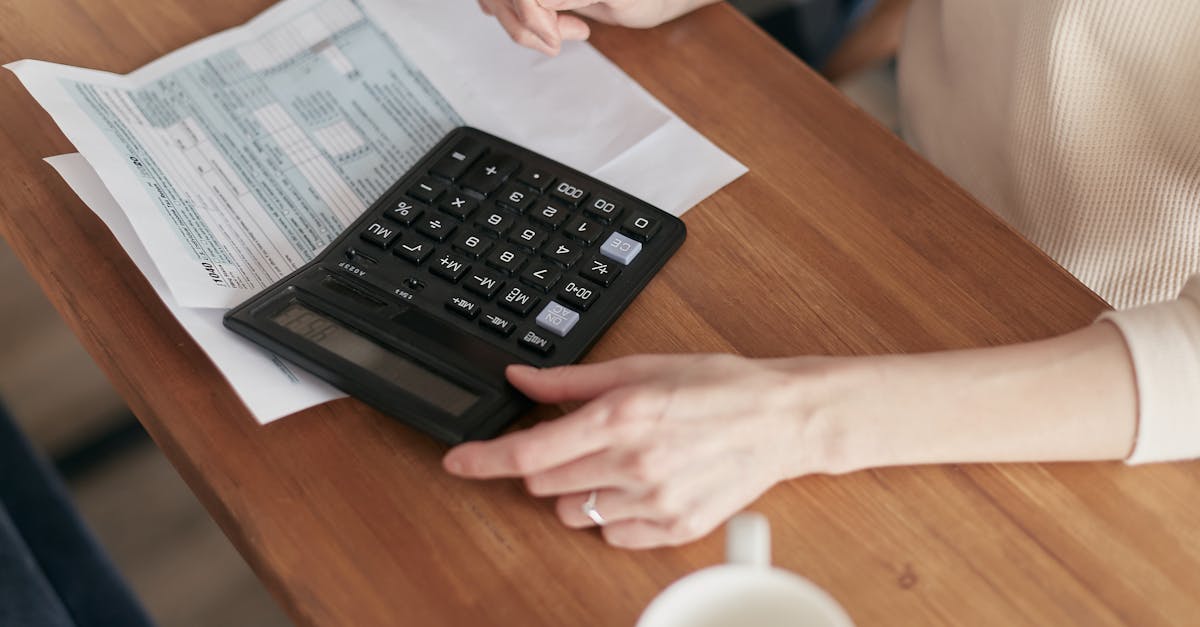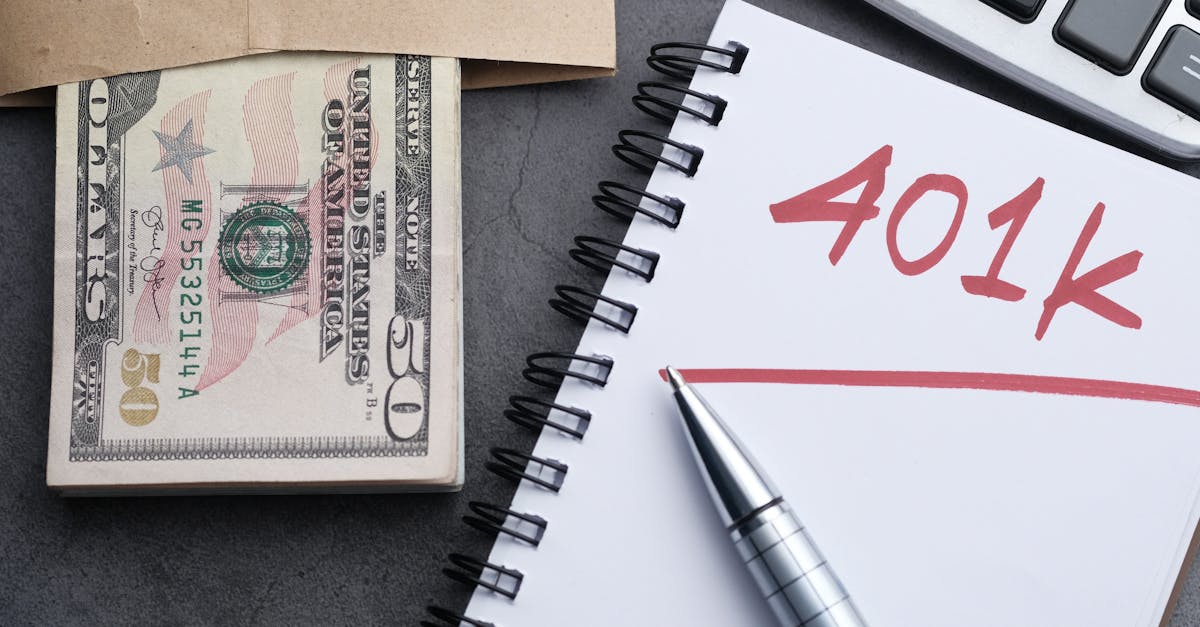Tips to Avoid Overdraft Fees
Introduction
Facing unexpected overdraft fees can be frustrating and expensive. These charges occur when you attempt to withdraw more money from your account than you currently have available. By understanding the causes and employing effective strategies, you can reduce the likelihood of incurring these fees.
Advertisement
Maintain a Check on Account Balances
One of the simplest steps to avoid overdraft fees is keeping track of your account balance. Regularly checking your account, either through mobile banking apps or by visiting an ATM, ensures that you're aware of your current financial position. A little mindfulness can go a long way in preventing overspending.
Advertisement
Set Up Alerts and Notifications
Most banks offer alert services to notify you about low balances or large transactions. By enabling these alerts—whether through email or text message—you can get real-time updates about your account. This feature helps you make timely decisions to avoid overdrafts.
Advertisement
Link to a Savings Account or Line of Credit
Linking a savings account or line of credit to your checking account can act as a safety net. Should you overdraw, funds can be automatically transferred to cover the shortfall, often with minimal fees. Consult with your bank to set up this convenient protection.
Advertisement
Opt into Overdraft Protection
Overdraft protection ensures that transactions exceed your account balance without being rejected, though fees may still apply. Be sure to understand the terms and fees associated with this service. It's crucial to weigh the benefits against potential costs.
Advertisement
Monitor Automatic Payments and Subscriptions
With numerous monthly subscriptions and automatic payments, staying on top of these expenses is vital. Make a list of all recurrent payments to better manage your budgeting, ensuring you have enough funds when these payments are due.
Advertisement
Create a Monthly Budget
Establishing and sticking to a budget is a proactive approach to managing your finances more effectively. A clear budget helps you allocate funds for essential expenses while monitoring discretionary spending. This ensures you have a buffer in place to handle unplanned expenses.
Advertisement
Use Account Management Tools Wisely
Leverage tools and apps designed for personal finance management. These tools categorize your expenditure, highlighting where you can cut costs. With insights on your spending habits, you can adjust accordingly to maintain a healthy account balance.
Advertisement
Educate Yourself on Banking Terms
Understanding the finer details of your bank's fee policies can be beneficial. Familiarize yourself with terms like overdraft and insufficient funds fees, and their costs. Being informed allows you to navigate banking decisions efficiently.
Advertisement
Conclusion
Avoiding overdraft fees requires steady vigilance and proactive money management. By keeping a close eye on your expenditures, using bank resources effectively, and staying within your budget, you can safeguard yourself from avoidable expenses. Making these strategies a part of your financial routine will contribute to healthier financial habits overall.
Advertisement







